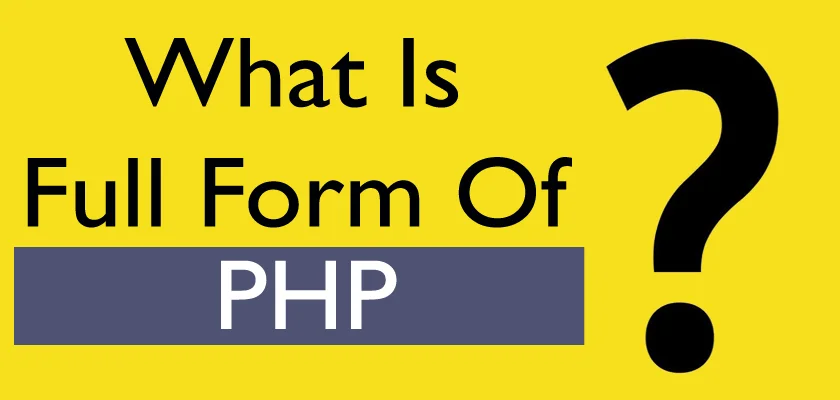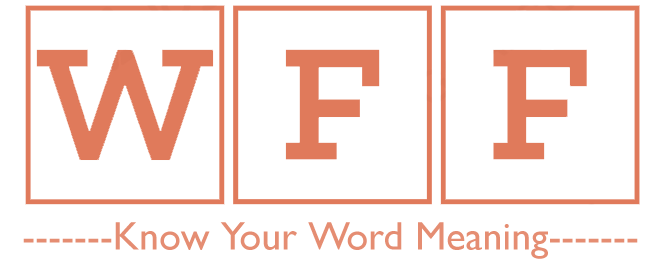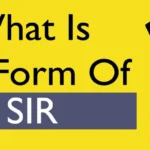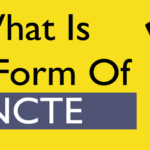Do you know what is the PHP Full Form? The full form of PHP is “HYPERTEXT PREPROCESSOR“. The Personal Home Page was the previous name for the PHP long-form Hypertext Preprocessor. It is a well-liked programming language used for creating dynamic websites. It is a server-side scripting language that is free and open source that can be integrated into HTML to produce dynamic websites. Rasmus Lerdorf first introduced PHP in 1995, and it has since developed into one of the most popular web-based programming languages.
Table of Contents
What is The PHP Full Form?

PHP Full Form – HYPERTEXT PREPROCESSOR
What Is PHP?
PHP is a scripting language that was created specifically for web development, which implies that creating dynamic webpages and web applications is its main usage. Being an open-source language, it is available for free use, distribution, and modification. In contrast to client-side languages like JavaScript, PHP code is executed on the server. To retrieve and store data, PHP may interface with a number of databases, including MySQL, Oracle, and PostgreSQL.
History of PHP
PHP was initially developed by Rasmus Lerdorf in 1994 as a set of Common Gateway Interface (CGI) scripts to track visitors to his website. He called it “Personal Home Page Tools” or “PHP Tools.” Over time, the language grew, and more developers began using it, leading to its current name, Hypertext Preprocessor.
What is the PHP File?
PHP files are text files that may include different sorts of code, including HTML, CSS, JavaScript, and PHP code, to put it simply. When a PHP file is requested, the server interprets the PHP code and produces browser-readable HTML code. The PHP files are indicated by the “.php” extension.
PHP Languages Uses
The PHP is used for the following cases:
- Dynamic page content generation is possible with PHP
- PHP can handle server-side file operations including creation, opening, reading, writing, deletion, and closing
- Form data can be easily collected using PHP
- Cookies can be sent and received with PHP
- Manipulation of data in a database (addition, deletion, modification) can be done with PHP
- User access control can be implemented using PHP
- PHP has the capability to encrypt data
- PHP is not limited to outputting HTML, it can also output various file formats such as images, PDF files, XHTML, and XML.
Advantages of PHP
Below are listed some advantages of PHP:
- Open source and free to use
- Cross-platform compatibility (Such as Windows, Unix, Linux, Mac OS X, etc.)
- Easy to learn and use
- Large and supportive community
- A wide range of frameworks and libraries are available
- Can be embedded in HTML and can work with different web servers
- Scalable and flexible
- Fast processing and quick response time
- Built-in security features
- Supports various databases
- Can run on different operating systems
- Efficient memory management.
Disadvantages of PHP
Below are listed some disadvantages of PHP:
- Inconsistent naming conventions in the core functions and libraries
- Weak typing and loss of data typing can cause errors and security vulnerabilities
- Limited support for multithreading
- Relatively slower performance than other programming languages like C++ or Java
- Over-reliance on third-party libraries and frameworks can lead to code bloat and maintenance issues
- Poor error handling and debugging capabilities
- Security vulnerabilities can occur if not properly coded and configured
- Requires server-side setup and configuration expertise.
Other PHP Full Forms List
If you want to know more about other full forms of PHP Word see the below table:
| Term | Full Form | Category |
| PHP | Hypertext Preprocessor | Programming Language |
| PHP | Philip (sd) | Airport Code |
| PHP | Personal Handy Phone | Computer and Networking |
| PHP | Philippine Peso | Country Currency |
| PHP | Partial Hospitalization Program | File Type |
| PHP | People Have Posted | Messaging |
| PHP | Please Have Patience | Messaging |
| PHP | Personal Hand Practice | Sports |
| PHP | Payload Handling Panel | Space Science |
FAQs- What Is The PHP Full Form?
Q.1. What is the PHP Full Form?
Ans. The full form of PHP is “Hypertext Preprocessor.”
Q.2. Who created PHP?
Ans. PHP was created by Rasmus Lerdorf in 1994.
Q.3. What type of language is PHP?
Ans. PHP is a server-side scripting language.
Q.4. Is PHP a programming language?
Ans. Yes, PHP is a programming language.
Q.5. What is PHP used for?
Ans. PHP is mainly used for web development, such as server-side scripting, creating dynamic web pages, and interacting with databases.
Thanks for reading What is the PHP Full Form? Bookmark our website Whatisfullform.com to know or read our collection of full forms.


